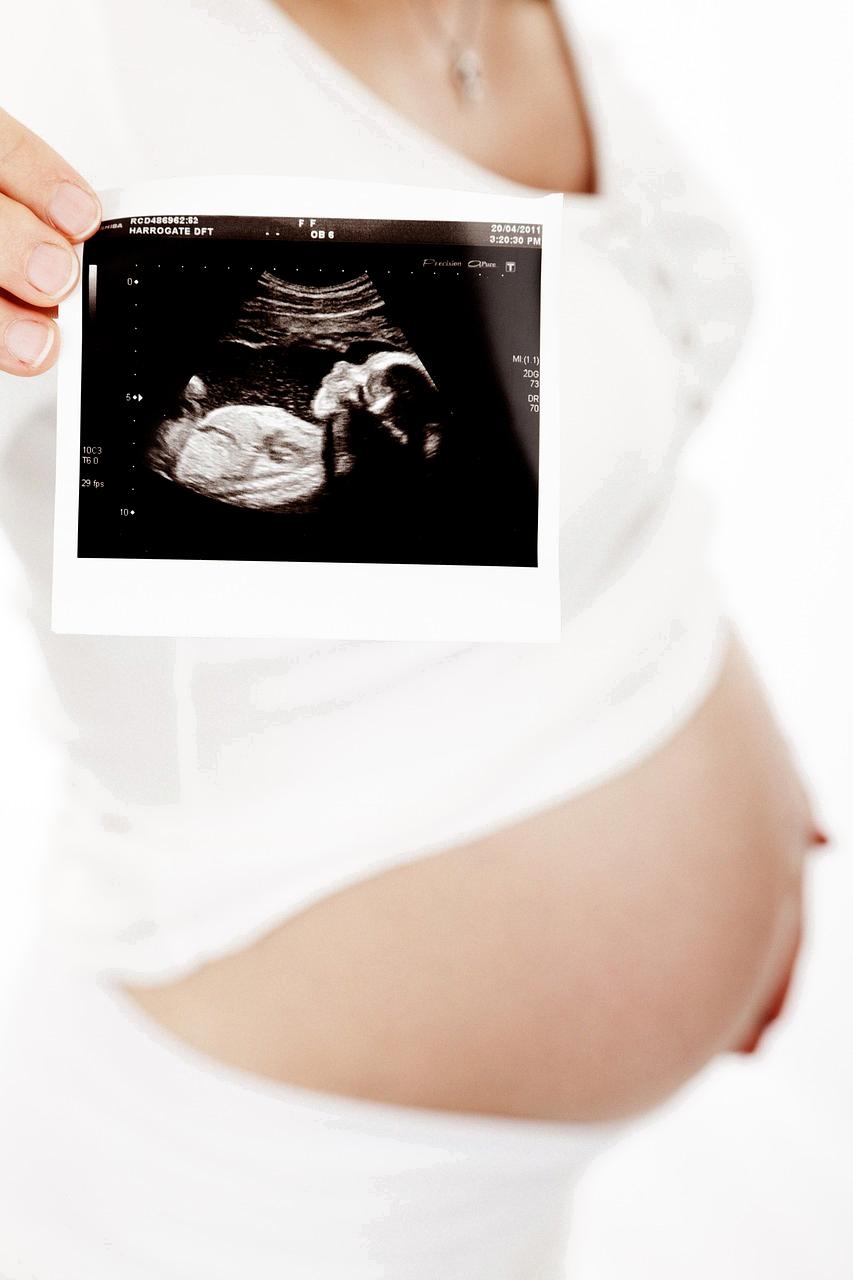When it comes to the concept of a chemical pregnancy occurring at 4 weeks, it’s essential to delve into the intricacies of this early pregnancy loss phenomenon. A chemical pregnancy is often defined as a very early miscarriage that occurs shortly after implantation, usually before the fifth week of gestation. This type of pregnancy loss can be quite challenging for individuals to identify due to its timing and the resemblance of symptoms to a typical menstrual cycle.
Signs and Symptoms of a Chemical Pregnancy
Identifying a chemical pregnancy at 4 weeks can be tricky as many individuals might mistake it for a regular period. Some common signs and symptoms include a positive pregnancy test followed by sudden onset of menstruation shortly after, usually within a week or two after a missed period. This rapid shift can be emotionally distressing and confusing for those experiencing it.
Diagnosing a Chemical Pregnancy
Medical professionals often diagnose a chemical pregnancy through blood tests to monitor hCG levels and confirm early pregnancy. In the case of a chemical pregnancy, hCG levels may not rise as expected, indicating an early pregnancy loss. Additionally, ultrasonography may not reveal any visible signs of pregnancy in the uterus during this early stage.
Emotional Impact and Coping Strategies
Coping with the emotional aftermath of a chemical pregnancy at 4 weeks can be overwhelming for individuals and couples hoping to conceive. The sudden shift from excitement to loss can evoke feelings of grief, confusion, and disappointment. Seeking support from loved ones, counseling services, or online communities can provide solace during this difficult time.
Understanding the Causes
Various factors can contribute to the occurrence of a chemical pregnancy, including chromosomal abnormalities in the fertilized egg, hormonal imbalances, uterine issues, and lifestyle factors. Understanding these potential causes can help individuals make informed decisions about their reproductive health and seek appropriate medical guidance.
Medical Guidance and Follow-Up Care
After experiencing a chemical pregnancy at 4 weeks, it’s important to consult with a healthcare provider for guidance on next steps and potential implications for future pregnancies. Medical professionals can offer support, answer questions, and recommend follow-up care based on individual circumstances.
Importance of Emotional Well-Being
Focusing on emotional well-being and self-care is crucial following a chemical pregnancy. Engaging in activities that bring comfort and relaxation, such as meditation, journaling, or spending time in nature, can help individuals process their emotions and navigate the healing process at their own pace.
Educational Resources and Support Networks
Accessing reliable educational resources and connecting with support networks specializing in pregnancy loss can provide valuable information and empathy for individuals navigating the complexities of a chemical pregnancy. These platforms offer a sense of community and understanding during a challenging time.
Partner Support and Communication
Open communication and mutual support between partners are essential when dealing with the aftermath of a chemical pregnancy. Sharing feelings, expressing concerns, and working together to process the experience can strengthen the bond between partners and facilitate healing on a deeper level.
Hope and Healing in the Journey
While the journey after a chemical pregnancy at 4 weeks may pose emotional hurdles, it’s essential to embrace hope and focus on healing. Every individual’s path to recovery is unique, and acknowledging the resilience within oneself can provide a sense of empowerment and optimism for the future.
Professional Guidance and Fertility Consultation
For individuals considering future pregnancy endeavors after a chemical pregnancy, seeking professional guidance and fertility consultation can offer valuable insights into reproductive health, potential risk factors, and personalized recommendations for enhancing fertility and optimizing chances of conception.
Conclusion: Navigating the Complexities of a Chemical Pregnancy
In conclusion, the occurrence of a chemical pregnancy at 4 weeks presents unique challenges and emotional considerations for individuals on their fertility journey. By understanding the signs, seeking medical guidance, prioritizing emotional well-being, and fostering open communication and support, individuals can navigate the complexities of a chemical pregnancy with resilience, hope, and a renewed sense of determination towards future possibilities.

